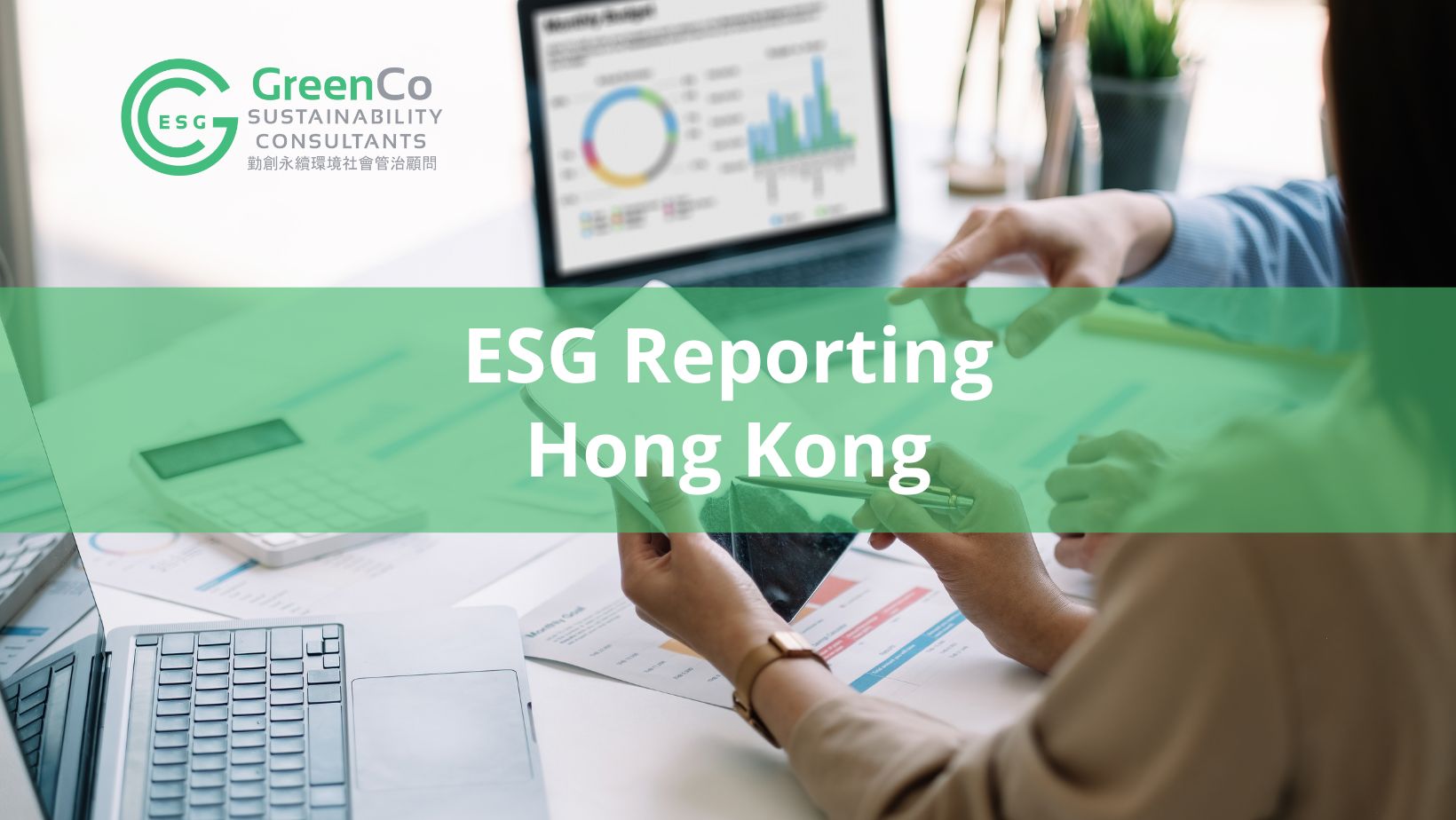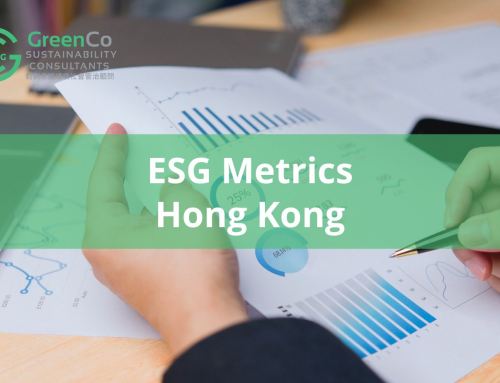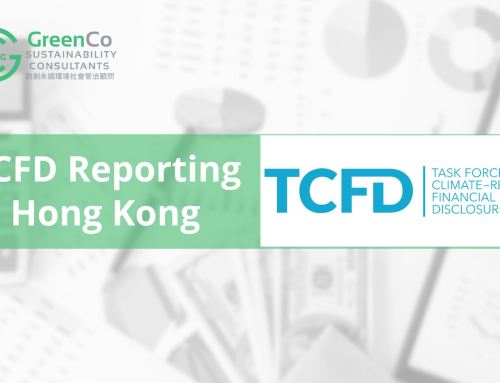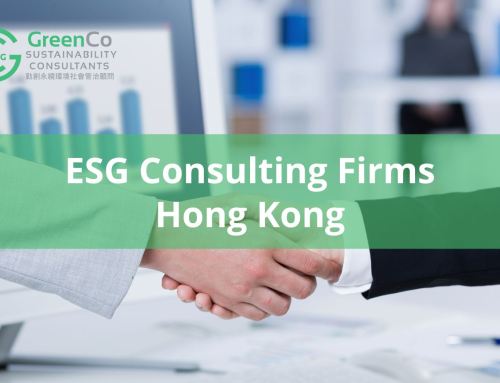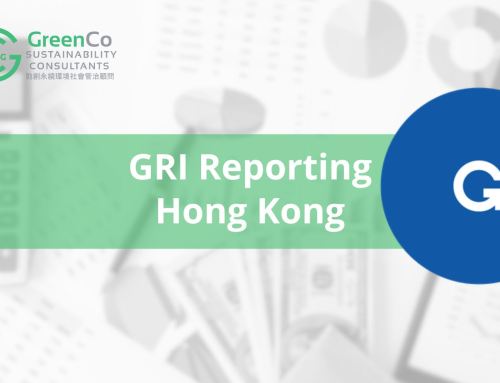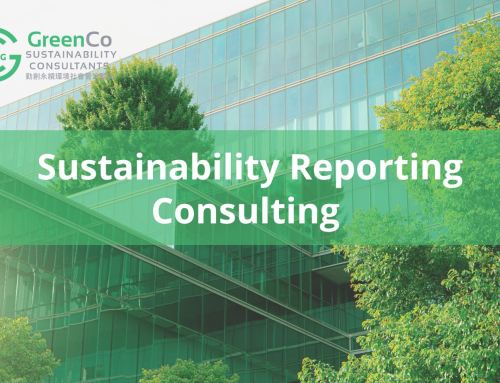In Hong Kong’s fast-evolving corporate landscape, ESG (Environmental, Social, and Governance) reporting has shifted to a mandatory requirement for listed companies. Driven by global sustainability trends, investor expectations, and regulatory mandates, businesses must now prioritize transparent ESG disclosures to maintain compliance, attract capital, and build stakeholder trust. Hong Kong companies must act swiftly to align with frameworks such as the HKEX ESG Reporting Guide, GRI Standards, and ISSB Standards, while preparing for stricter future regulations.
The Rise of Mandatory ESG Reporting
The focus on sustainability and climate change has propelled ESG disclosure into the spotlight. Regulatory bodies worldwide are introducing stricter guidelines, with Hong Kong’s HKEX mandating ESG reports for listed companies since 2016. Key developments include:
- HKEX ESG Reporting Guide: Requires all mandatory disclosure requirements and KPIs under the “comply or explain” provision.
- 2025 Deadline: Enhanced climate-related disclosures aligned with IFRS S2 Climate-related Disclosure standard.
- Global Alignment: By 2028, large publicly accountable entities (PAEs) must adopt IFRS-aligned disclosures, reflecting Hong Kong’s commitment to international standards like the ISSB.
Non-compliance risks reputational damage, regulatory penalties, and investor skepticism. Proactive companies, however, can leverage ESG reporting to enhance transparency, access sustainable finance, and align with global peers.
Navigating Key Frameworks and Standards
Hong Kong companies must balance local compliance with global expectations. Key frameworks include:
- HKEX ESG Code: Mandates structured disclosures on governance, strategy, and metrics.
- GRI Standards: Ensures global comparability, used by 78% of the G250 companies.
- TCFD & IFRS S2: Requires more detailed quantitative information such as climate scenario analysis and financial impact assessments.
- SASB: Aligns reporting with UN Sustainable Development Goals (SDGs) and industry-specific metrics.
Integrating these frameworks ensures reports meet both HKEX requirements and investor demands for granular, actionable data.
Key Components of an ESG Report
An effective ESG report aligns with frameworks like the HKEX ESG Code, GRI Standards, and IFRS S2. Below are the core elements to include:
-
Governance Structure
- Board Oversight: Detail how the board oversees ESG risks and opportunities, including committee structures.
- Policies & Commitments: Outline ESG-related policies and alignment with global initiatives like the UN SDGs.
- Risk Management: Describe processes for identifying, assessing, and managing ESG risks, including integration into overall enterprise risk management.
-
Environmental Performance
- Climate-Related Disclosures:
- GHG Emissions: Report Scope 1 to 3 emissions, following the GHG Protocol.
- Climate Risks & Targets: Disclose physical and transition risks identified through scenario analysis, along with science-based targets.
- Resource Management: Track energy consumption, water usage, waste generation, and recycling rates. Highlight efficiency improvements or circular economy initiatives.
-
Social Impact
- Employee Welfare: Metrics on diversity, health and safety, training hours, and employee turnover.
- Supply Chain Management: Policies for ethical sourcing, audits for labor standards, and initiatives to support SMEs in the value chain.
- Community Engagement: Contributions to social causes, volunteer programs, and partnerships with NGOs.
-
Stakeholder Engagement
- Materiality Assessment: Identify top ESG issues through surveys, interviews, or workshops with stakeholders (investors, employees, customers).
- Feedback Mechanisms: Explain how stakeholder input shapes ESG strategy and reporting priorities.
-
Compliance & Alignment
- Framework Adherence: Explicitly state alignment with HKEX ESG Code, GRI, IFRS S2, or other standards.
- Third-Party Assurance: Include verification statements from auditors to enhance credibility.
Best Practices for Effective ESG Reporting
- Start Early: Begin data collection months ahead of deadlines to avoid last-minute gaps.
- Leverage Technology: Use automated tools for real-time data tracking and scenario modeling.
- Focus on Materiality: Prioritize issues that impact both the business and stakeholders.
- Be Transparent: Acknowledge shortcomings (e.g., missed targets) and outline corrective actions.
- Tell a Story: Frame the report as a narrative of progress, linking ESG efforts to long-term value creation.
Start ESG Journey Today
For Hong Kong companies, ESG reporting is no longer a checkbox exercise but a strategic tool to demonstrate resilience, attract investment, and drive innovation. By mastering the key components and following a structured approach, businesses can transform compliance into competitive advantage.
GreenCo simplifies this journey, offering expertise in data management, framework alignment, and stakeholder engagement to craft reports that resonate locally and globally.
Act now, align your ESG strategy with Hong Kong’s evolving regulations, and position your company as a leader in sustainable business practices.
About GreenCo ESG Consulting
GreenCo is a professional ESG advisory firm accredited with ISO 9001 in ESG Reporting and Climate Policy Advisory Services. Established in 2016, we were born to tackle ESG and climate risk management challenges. GreenCo has a professional team consists of talents with multiple backgrounds with
- PhD
- Practitioner Member of the Institute of Environmental Management and Assessment (IEMA)
- CFA (the CFA Institute) and Certificate in ESG Investing
- EFFAS Certified ESG Analyst (CESGA)
- Completion of Certified GRI Training Programme
- Certified Public Accountant (for assurance in accordance with ISAE 3000)
- Member of Global Association of Risk Professionals
- Master’s degree in envirnomental science
GreenCo has solid track record in ESG advisory for over 70 listed companies in Hong Kong, Mainland China, Singapore and Korea, covering all industries under the Hang Seng Industry Classification System.

